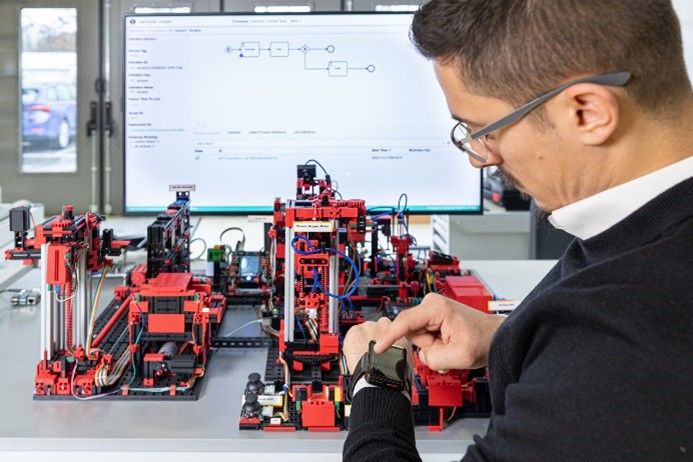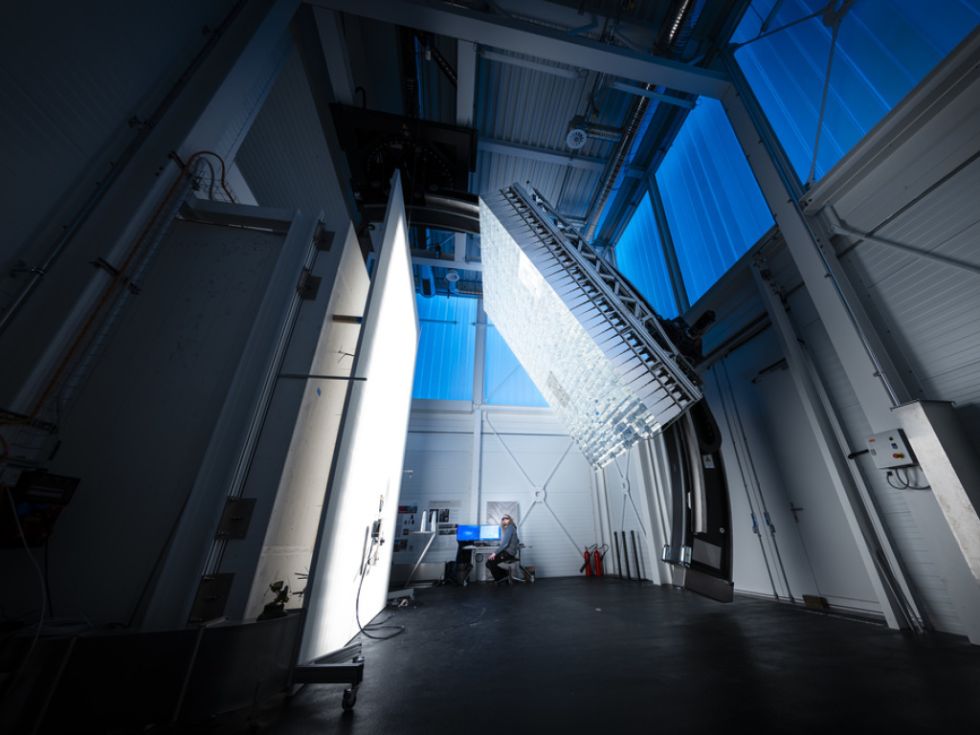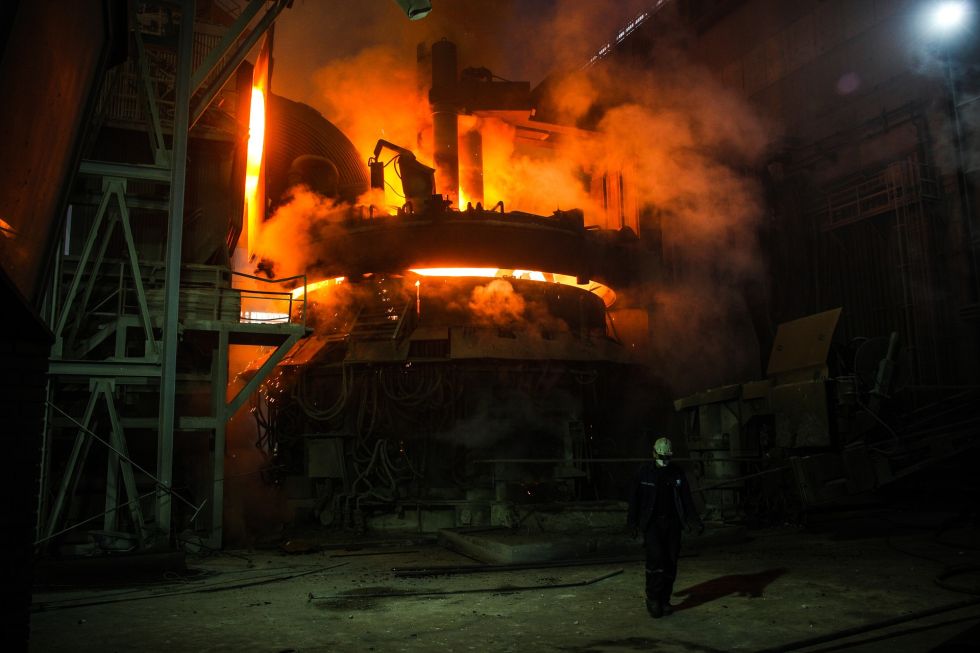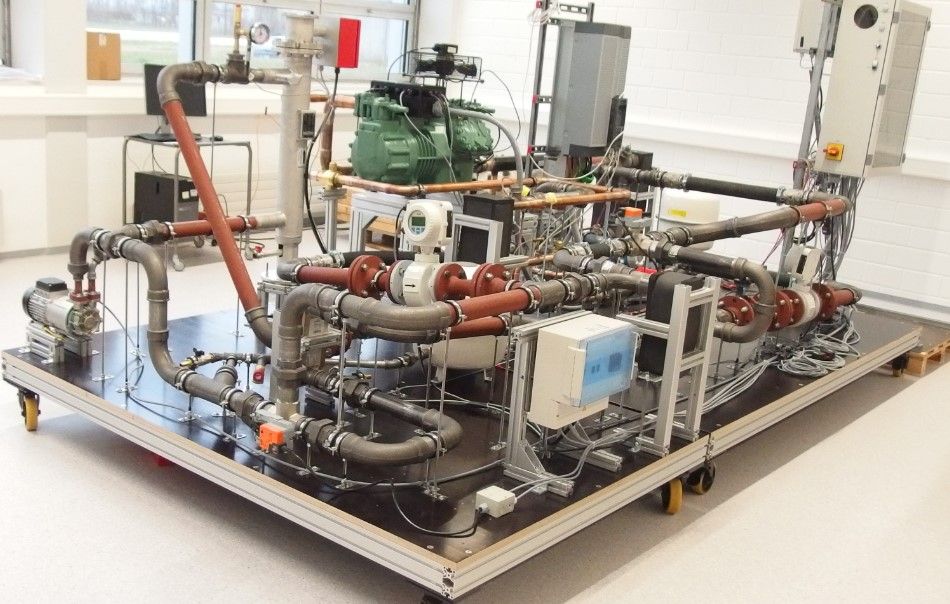Meaningfulness of our work suffers under robots
Creative tasks as a countermeasure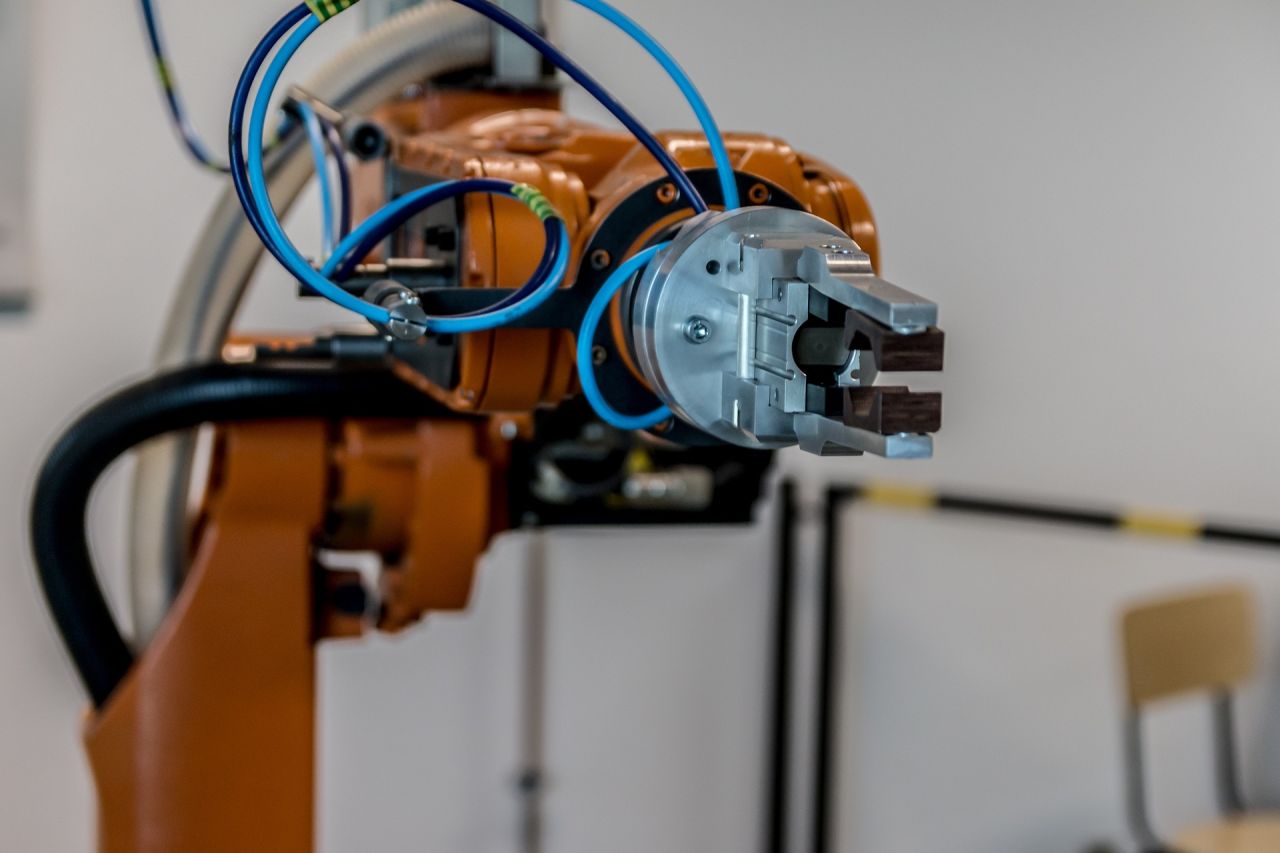
People who work with robots often find their work less meaningful. Companies can counteract this with new, creative tasks for people.
The Brookings think tank has investigated how the use of robots and automation affects the meaning of human work. The study shows that employees who are supported by machines often find their work less meaningful. People in jobs that involve repetitive or standardized tasks are particularly affected. Automation leads to a kind of alienation, as the human contribution becomes increasingly invisible.
The analysis concludes that the loss of meaningfulness is primarily linked to the lack of autonomy and the reduced opportunity to contribute creativity and personal skills. This applies above all to simple jobs, but even more highly qualified professions are not immune to this in view of the rapidly developing technical possibilities.
According to Brookings, companies cannot avoid finding ways to make the remaining human work more fulfilling. On the one hand, this means that technologies must be implemented inclusively - with a focus on cooperation, not competition with people. On the other hand, companies should also invest in redesigning workplaces and creating new tasks that require more social interaction and creativity.



